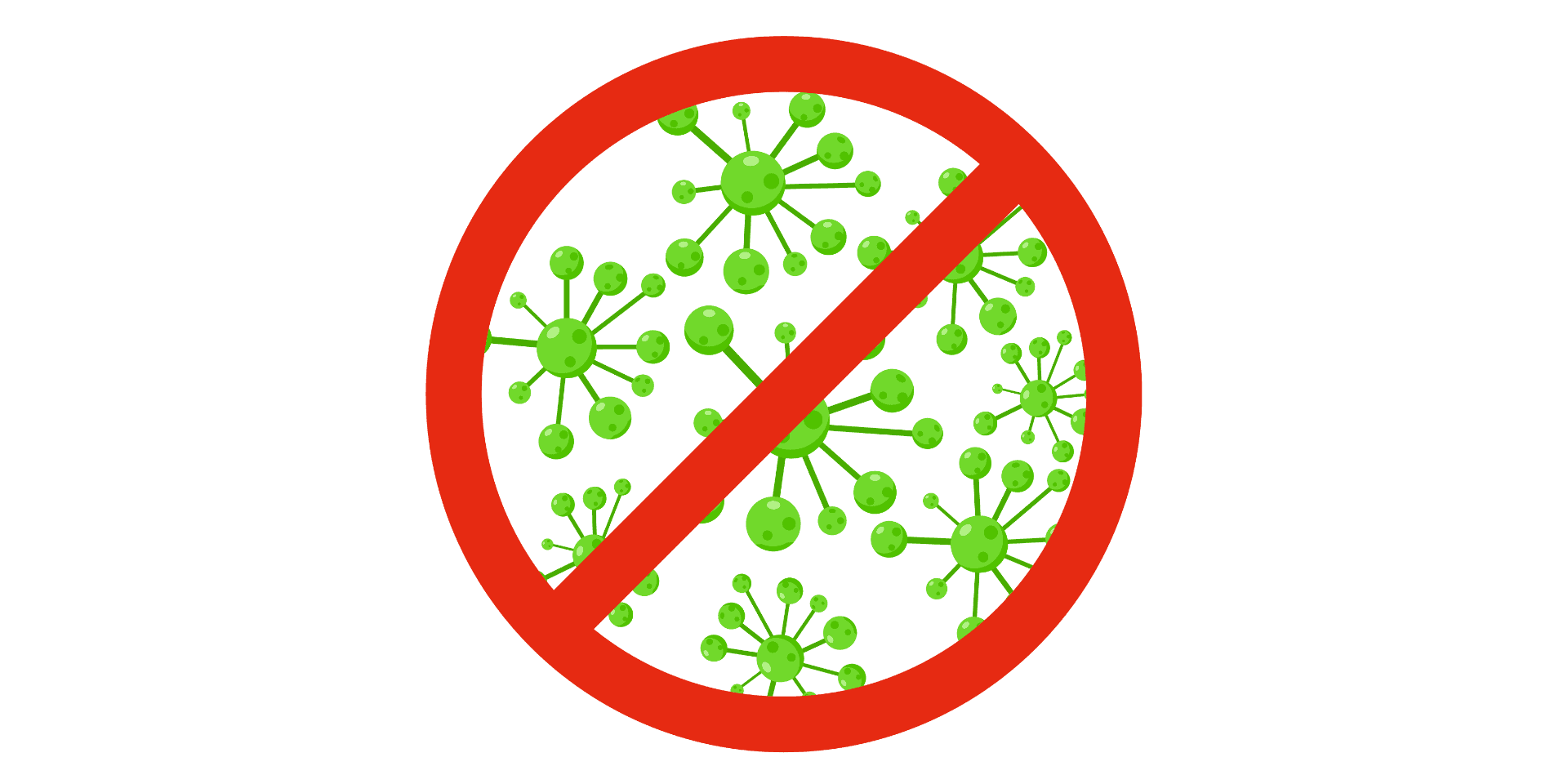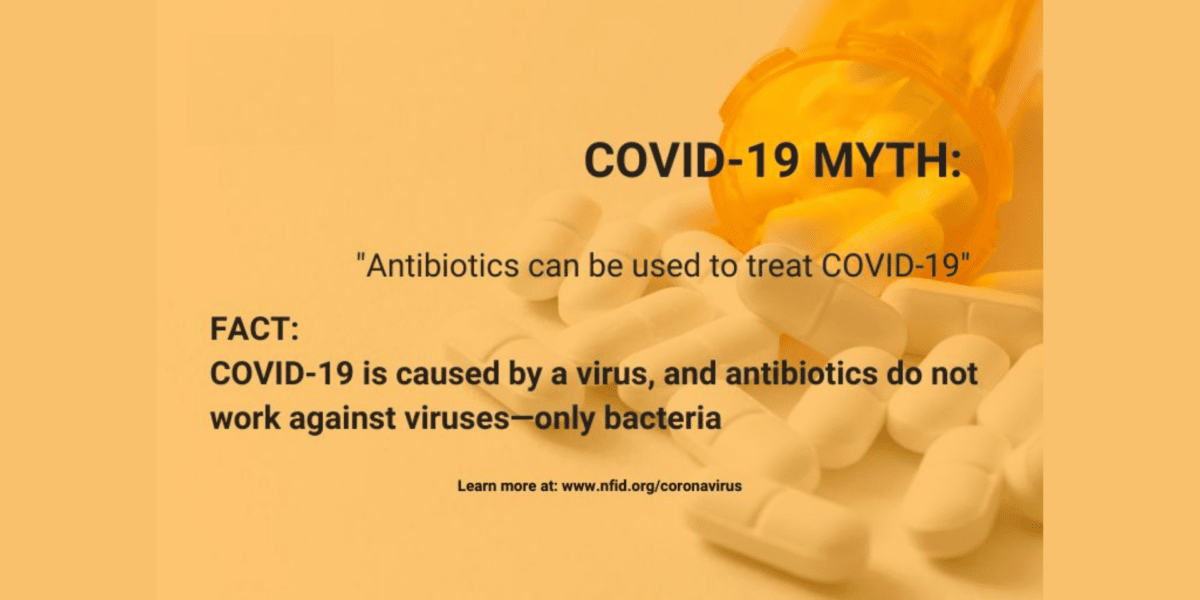
Last week, more than 300 pharmacists and physicians gathered to discuss the importance of antimicrobial stewardship at the 2014 MAD-ID Annual Meeting in Orlando, FL. Stewardship represents a key effort to ensure that the correct antibiotics are used only when needed, in the proper doses, for the correct amount of time.
Infections caused by superbugs are very difficult to treat and can be deadly; contributing to death in up to 50% of infected patients. Resistance to carbapenems, often referred to as the antibiotics of last resort for many bacterial infections, is increasing throughout the world and has been labeled as an urgent threat by the Centers for Disease Control and Prevention (CDC). CDC estimates that in the United States, more than two million people are sickened every year with antibiotic-resistant infections, with at least 23,000 dying as a result.
Antibiotic-resistant infections are on rise, in part because up to 50% of all the antibiotics prescribed are not needed, not optimally effective as prescribed, or misused. As the saying goes, “it takes a village.” Everyone in the healthcare community has an important role in the development and implementation of an antimicrobial stewardship program, from hospital administrators to patients. Every healthcare provider who treats patients, every staff person in a healthcare setting, and all patients must participate in the proper use of antibiotics.
Presentations at the 2014 MAD-ID conference focused on core elements of a comprehensive stewardship program and emphasized that non-clinical functions are also essential to a successful program. Information technology provides the necessary support needed to monitor and measure efforts to reduce both infection and resistance. A cost accounting system is also important to track and measure costs and demonstrate the savings from participation in a stewardship program.
And perhaps the most important element of an effective program is prevention to stop infections from occurring in the first place. Kerry L. LaPlante, PharmD, University of Rhode Island, indicated that 80% of infections are caused by poor hand hygiene alone. Implementing an aggressive infection control program in hospitals and other healthcare settings, such as nursing homes, will go far in the prevention of infections. According to George H. Karam, MD, Louisiana State University School of Medicine, “…without infection control, stewardship simply will not work.”
To join the conversation, follow us on Twitter (@nfidvaccines), like us on Facebook, and join the NFID Linkedin Group.
Related Posts

5 Things To Know about Antibiotic Resistance
There are steps everyone can take to help protect against drug-resistant infections

C. diff: An Urgent Public Health Threat
November is C. diff Awareness Month, an annual opportunity to raise awareness about this common but potentially deadly infection

A Perfect Storm: Antibiotic Resistance and COVID-19
COVID-19 disease caused surges in hospitalization with a proportion of patients experiencing severe disease that led to prolonged hospitalization and the use of invasive medical devices. At the same time, the pandemic also diminished the ability of hospitals to perform optimal infection prevention and antibiotic stewardship activities as resources were diverted to COVID-19 response …
